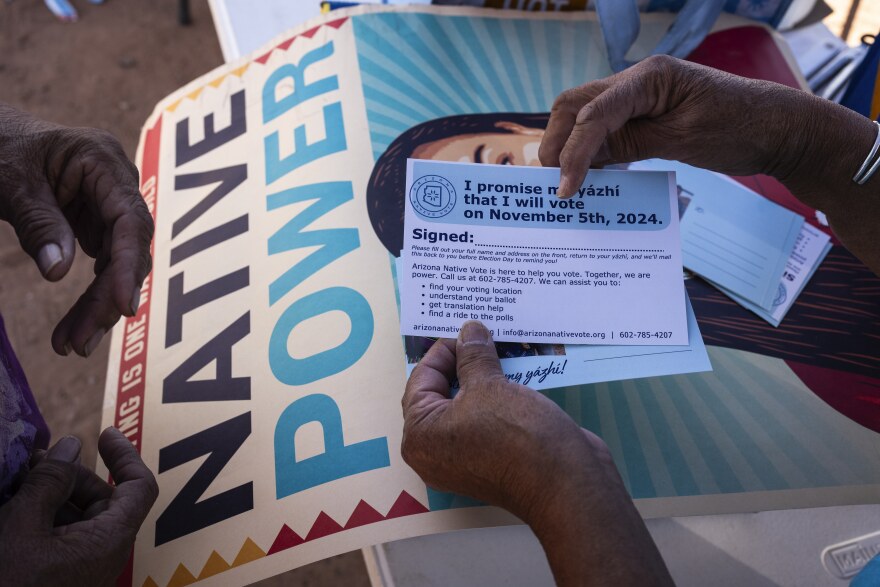Although former Navajo Nation President Jonathan Nez didn’t win his U.S. House bid to become Arizona’s first Indigenous congressman, Native candidates up and down the ballot made historic gains in the Grand Canyon State and beyond.
Advance Native Political Leadership, a national Indigenous-led nonprofit, has been tracking a record-breaking 246 candidates who ran for local, state and federal office in 25 states across Indian Country.
Nearly a fifth of them are from Arizona, which had the highest number of Indigenous people running for public office. The Grand Canyon State tallied 46 candidates, followed by Hawaii with 30 and Alaska with 28.
They represented seven of the state’s 22 federally recognized tribes: Navajo Nation, Hopi Tribe, White Mountain Apache Tribe, Yavapai-Apache Nation, Tohono O’odham Nation and Pascua Yaqui Tribe.
Most were women, while none identified as Republican. More than three-fourths of them won their races, compared to 60% of all Indigenous candidates nationwide.
This latest cycle shattered the previously set record of 167 Native candidates during the 2022 midterms. Advance Native Political Leadership has documented a cycle-over-cycle rise in Indigenous candidates — counting midterms and presidential — since it began tracking this data point in 2018.
This story was produced by KJZZ, the public radio station in Phoenix, and published by KNAU as part of the Arizona Public Media Exchange.




